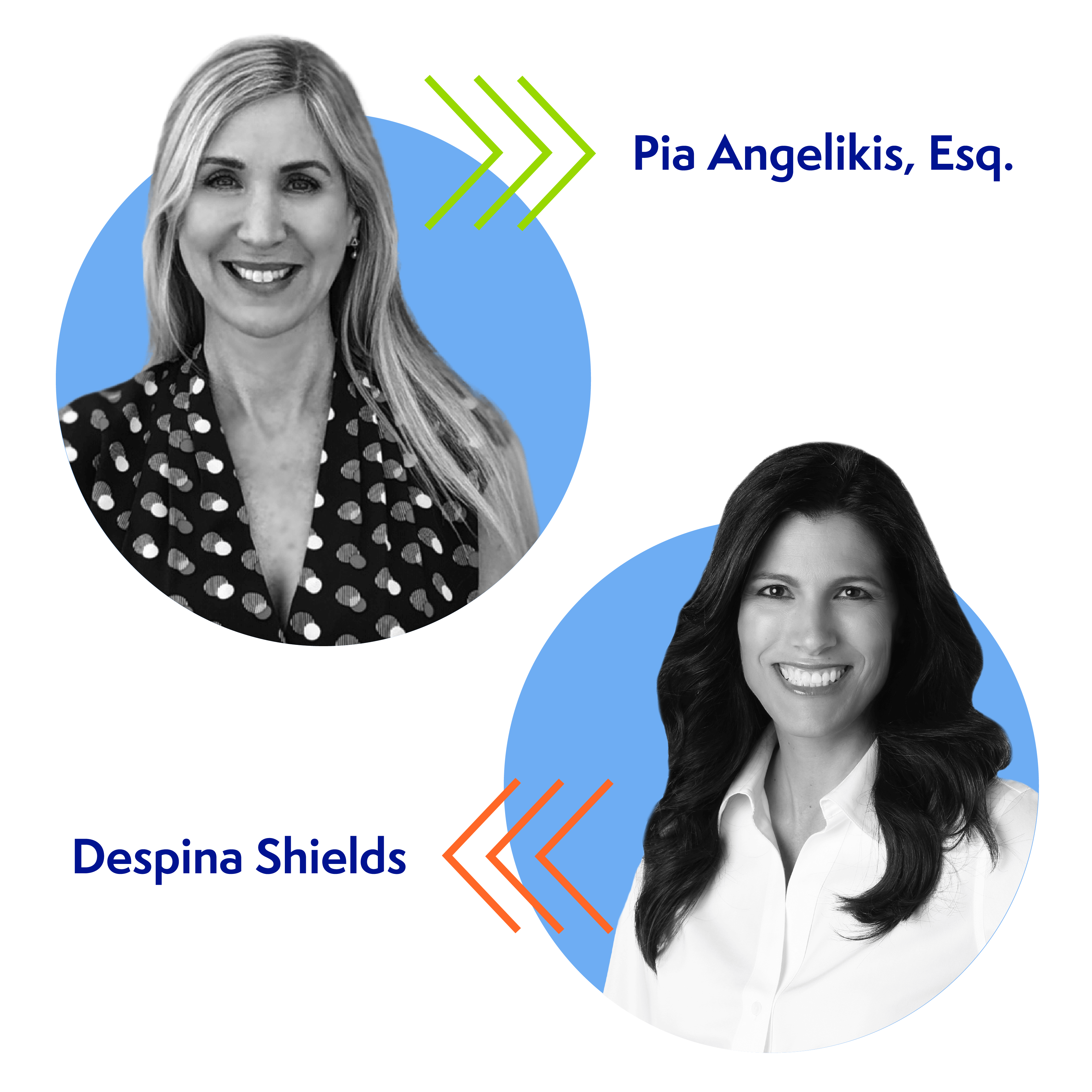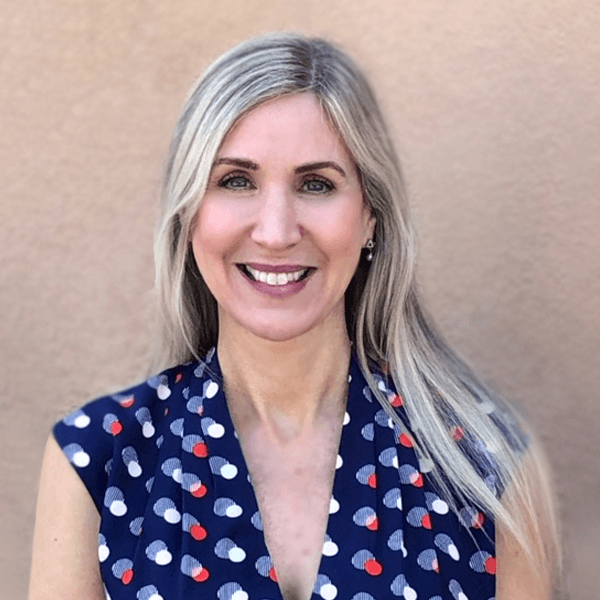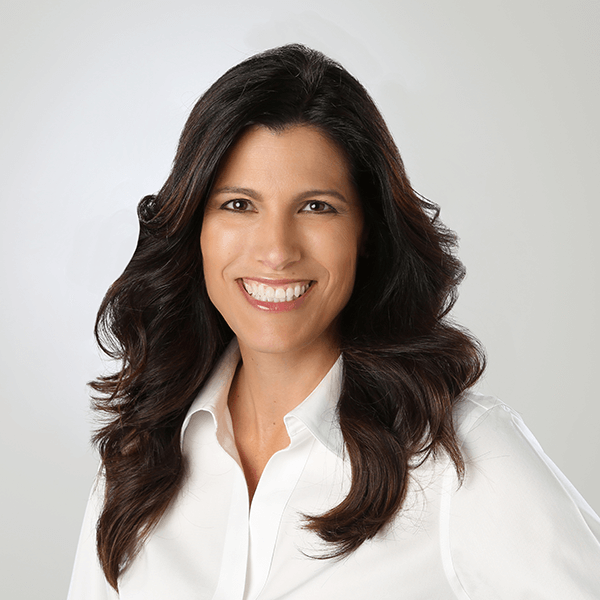
Intellectual Property Due Diligence (IPDD): What You Need to Know and How to Do It
Now on Demand: This webinar explored the purpose, scope, and challenges of intellectual property due diligence.
Webinar Details
There has been a dramatic shift in the value of intellectual property assets held by companies versus tangible property assets. Professionals conducting public record due diligence know that intellectual property due diligence (IPDD) should be included with the more traditional types of searches, but uncertainty remains about what to search, where to search and what limitations come with the results.
Learning Objectives:
- The purpose, value and challenges of intellectual property due diligence.
- The connection between IP due diligence and traditional public record due diligence.
- Determining the scope of IP due diligence — the ‘where’ and ‘how’ of conducting federal IP searches.
- The confusing overlap with state systems under the UCC.
- The advantages and disadvantages of searching public websites.
- Real world situations exemplifying the challenges of IP due diligence and how you can avoid the same pitfalls.
Meet the Hosts
Pia Angelikis, Esq.
Pia Angelikis, Esq., is the Vice President of Government Relations and Legal Research at Cogency Global Inc. She has over 20 years of experience with premiere service companies in the UCC and corporate services industry, managing large teams of expert lawyers and paralegals conducting legal research for public filing requirements for multistate mergers, conversions and acquisitions, tracking and analyzing UCC Article 9 and business entity legislation in all 50 states and the District of Columbia, and providing thought leadership. Prior to her career in the UCC and corporate services industry, Ms. Angelikis litigated for 5 years in the areas of insurance defense and employment law. She wrote the winning brief resulting in the 9th Circuit published opinion, In re Complaint of Ross Island Sand & Gravel, 226 F.3d 1015 (9th Cir. 2000). Ms. Angelikis holds a JD from the University of California, Hastings College of the Law and is licensed to practice law in California.
Despina Shields
Despina Shields is Vice President of UCC Product Management at Cogency Global Inc. Ms. Shields has extensive secured transactions experience and has been in the UCC service industry since 1988. She has provided Article 9 seminars for financial institutions, law firms and paralegal associations and has been a featured speaker on UCC issues for the Pittsburgh Paralegal Association, the National Public Records Research Association and the National Federation of Paralegal Associations (NFPA). Ms. Shields served on three Secured Transactions Section (STS) committees of the International Association of Commercial Administrators (IACA): The Search Logic Committee, Trademark Committee and Hip-Pocket Amendments (addressing bogus UCC filings) Committee. Ms. Shields knowledge of the conceptual framework of Article 9 combined with her practical experience ensures a valuable learning experience for those who attend her seminars.
CLE/MCLE Information
Is there a fee to attend this webinar?
There is no fee to attend our webinars, but advance registration is required
What states do you register for CLE Accreditation?
Currently, we apply for accreditation in California, New York, Florida, Illinois and Texas
Do you offer CLE accreditation for paralegals?
Some webinars are accredited through NFPA and NALA.
Do I have to attend the entire webinar?
To receive full credit, you must be present for the entire presentation and answer all poll questions throughout the webinar.
Who is this webinar suitable for?
Although anyone may attend the webinars, it is most suitable for newly admitted and experienced attorneys and legal professionals.
What happens if my state is not one of those listed previously?
For any states not listed as approved or pending, we strongly encourage attendees to self-apply/self-report to the respective states.
Does CLE accreditation for your webinars expire?
Please be aware that CLE accreditation does expire. We will post on the related pages when a webinar no longer qualifies for CLE credit. Check with your CLE/MCLE board in your state to be sure.
- New York: Three years after the date of the live event.
- Texas: Two years after the date of the live event.
- California: Two years after the date of the live event.
- Illinois: Two years after the date of the live event.
- Florida: 18 months after the date of the live event.

